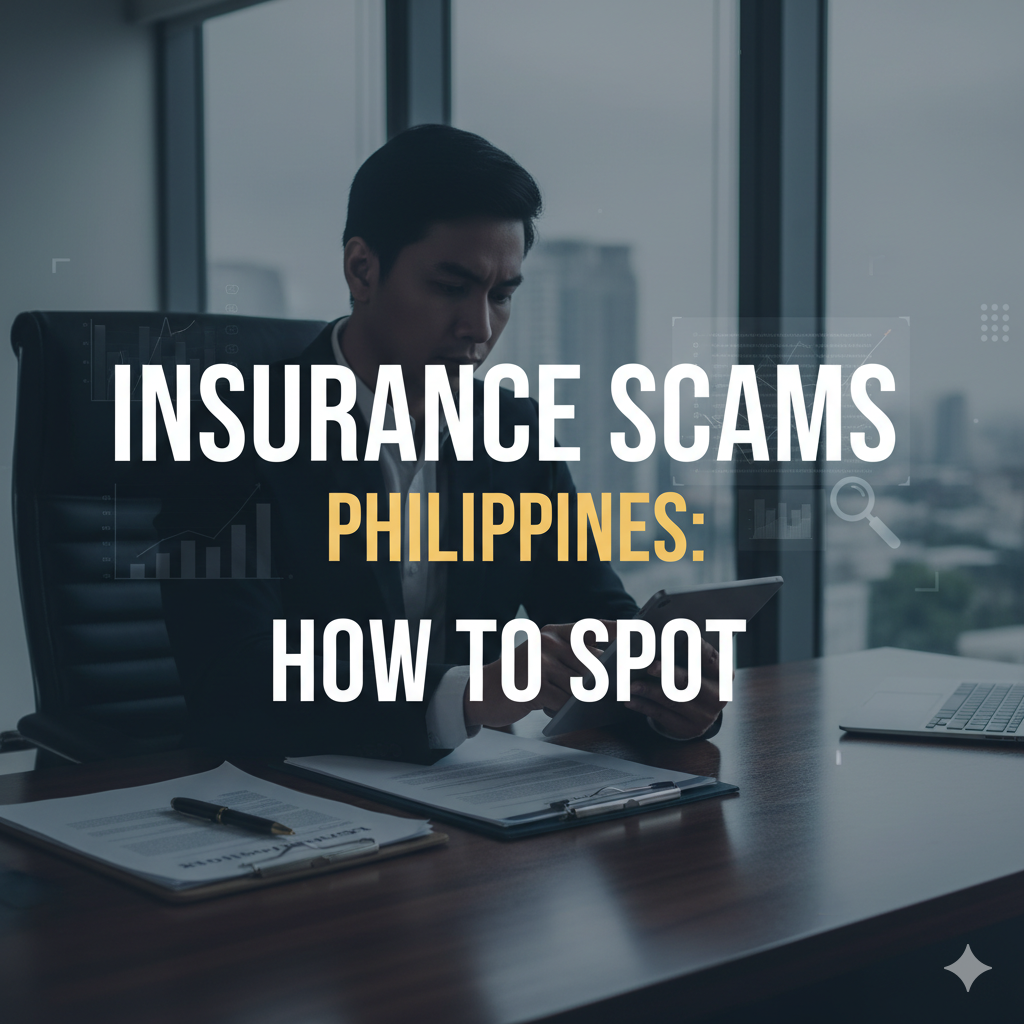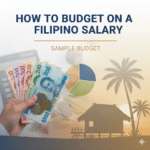How to spot insurance scams in the Philippines
Looking for clear steps to avoid fraud? If you’ve ever googled “insurance scams philippines how to spot”, you’re not alone. Scammers are getting smarter, but a few simple checks will keep most fraudsters out of reach.
This short guide gives practical, local steps you can take right away. We focus on signals you can verify yourself — because when it comes to insurance scams philippines how to spot, speed and simple verification beat panic.
Read the red flags, follow the verification checklist, and learn where to report suspicious activity. By the end you’ll have a compact action plan for insurance scams philippines how to spot.
Why fraud happens (quick overview)
Scammers sell fake policies, pose as licensed agents, or misuse official seals to demand “mandatory” fees (for loans, loan compliance, or guarantees). Many victims only discover the fraud when a claim is denied and the supposed insurer has no record of the policy. Carmudi
Top red flags to watch for
-
Pressure to pay immediately (especially via bank transfer or e-wallet) — genuine policies allow time to review.
-
No physical paperwork or vague policy details — asked for a downpayment but given only a screenshot? Bad sign.
-
Agent refuses to provide license number or company CA — always ask for IDs and references.
-
Official logos misused (e.g., PDIC/Insurance Commission on unrelated documents) — regulators often flag this. pdic.gov.ph
-
Shoddy email/website (bad URL, no SSL, poor grammar) — verify domain and contact info before entering personal data. The central bank and consumer-protection pages advise checking domain names and the padlock. Bangko Sentral ng Pilipinas
How real scams typically work (and what to ask)
Common tricks:
-
Fake “loan insurance” notices attached to loan application packages.
-
Agents selling “guaranteed payouts” that turn out to be non-existent.
-
Forged receipts or doctored policy documents.
Questions to ask every time: Who is the company? What is the agent license number? Can I call the company’s official office to confirm this agent? If they dodge these questions, stop. Local industry observers report fake policies are widespread and often surfaced by claim denials. Carmudi
Where to verify — quick, official checks
-
Insurance Commission’s public lists: the IC publishes active licensed agents and a directory of authorized insurance companies — use these lists to confirm names and license numbers. insurance.gov.ph
-
Company websites & registries: big insurers keep agent registries; call the company mainline to cross-check.
-
Search news and regulator advisories: search the company name + “scam” or “fraud” to see if others reported issues. (A basic Google/News search often surfaces red flags fast.)
Quick checklist (one-page actions)
Quick checklist: insurance scams philippines how to spot — do these before paying:
-
Get agent’s full name, license number, company name and business card.
-
Ask for sample policy wording and read the exclusions.
-
Call the insurer’s publicly listed phone number (not the number the agent gives) to confirm the agent and the policy offering. insurance.gov.ph
-
Never transfer money to a personal bank account for “insurance.” If asked, stop.
If you suspect you were targeted or scammed
-
Contact the Insurance Commission — they publish how to report scams and respond to consumer complaints. The IC provides hotlines and a reporting process for suspected fake agents or policies. insurance.gov.ph+1
-
Notify your bank or e-wallet provider immediately — they can flag/freeze accounts.
-
File a police complaint / NBI cybercrime report if payments were made or identity theft occurred. Keep all screenshots, receipts, and chat logs — those are the evidence investigators need.
-
Alert the insurer (if impersonation is involved) and ask them to issue a public advisory if needed.
(Official IC notices explain where and how to send evidence when reporting scams.) insurance.gov.ph
Short FAQs
Q: Is a printed policy enough proof?
A: No. A printed or PDF document can be forged. Confirm policy numbers with the insurer’s official office or the Insurance Commission.
Q: What if the agent says the IC doesn’t need to be involved?
A: That’s a red flag. The IC is the regulator — legitimate companies and agents expect consumer verification.
Q: I already paid — can I get my money back?
A: Contact your bank or e-wallet immediately; they may reverse or freeze transactions if reported fast. Then file a complaint with IC and the police/NBI.
Conclusion (quick, repeatable guidance)
Final reminder: when in doubt, type “insurance scams philippines how to spot” into the Insurance Commission site or a major news site to see current alerts. insurance.gov.ph+1
Keep copies of agent IDs, policy receipts, and messages so you can prove anything if you suspect “insurance scams philippines how to spot” affecting you.
Share this checklist with family and colleagues — the faster you act the less likely “insurance scams philippines how to spot” will succeed.


